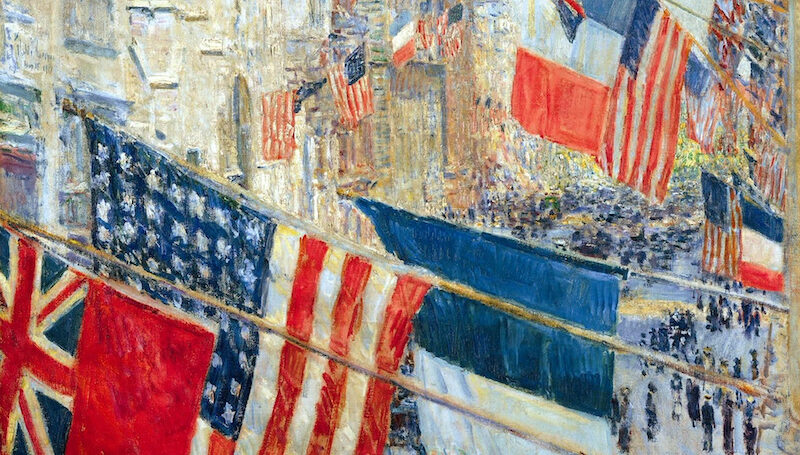Published on The Weekly Standard
The biographies of the individuals responsible for the beheadings of James Foley and Daniel Pearl are eerily similar.
Foley’s killer, “Jihadi John” — recently revealed to be one Mohammed Emwazi — moved to London when he was young, was raised in a middle-class neighborhood, and attended the University of Westminster. The mastermind behind Pearl’s kidnapping and execution, Ahmed Omar Saeed Sheikh, was born and raised in London, grew up in a middle-class family, and attended the London School of Economics (LSE).
As such, it’s high time that policymakers accept that nothing about British Muslim radicalization is new. Revisiting the past is undoubtedly the first step to addressing such a complex and dangerous issue.
Sheikh began his undergraduate degree at LSE in the fall of 1992. Soon after, he joined the student-run Islamic Society, which organized “Bosnia Week,” an event aimed at raising awareness about the Serbian genocide of Bosnian Muslims. A number of documentaries were screened, one of which shook Sheikh’s heart. It was a 45-minute film, Destruction of a Nation, which showed, among other horrors, Serbs castrating Bosnian Muslims in concentration camps. Also during Bosnia Week, Sheikh was introduced to Jaish-e-Muhammad, a Pakistan-based Islamist group, which happened to have been floating around campus.
Several months later, Sheikh accompanied his father on a business trip to Pakistan. While where, he linked up with Jaish-e-Muhammad. Upon his homecoming to Britain, he decided to assist an “aid convoy” to Bosnia. Lo and behold, on his Balkan expedition, Sheikh was persuaded by a veteran Pakistani-militant at the Croatian border to wage jihad. In 1994, after fighting in the “holy war” in Bosnia, he was arrested in India for kidnapping three Brits and an American.
Unfortunately, the long arc of history is particularly long in Britain. The campuses of Westminster and LSE — separated by a ten-minute walk down Oxford Street — have both for years been brimming with Islamists due to a climate of multiculturalism. Alarmingly, both Emwazi and Sheikh were permitted to return to Britain after being radicalized. And both men ultimately opted to abandon their friends, families, and homes to participate in “humanitarian work” abroad.
There is, however, a key difference between the Londoners’ paths to extremism. Emwazi was motivated by Western military intervention in Muslim affairs while Sheikh was motivated by the lack of Western military intervention in Muslim affairs. Sheikh — like many Muslims around the world in the early-1990s — was convinced by fanatics that NATO’s reluctance to halt the slaughter of Bosnian Muslims was actually a Christian plot to extinguish Islam in the heart of Europe. The West will never please those armed with deadly weapons, slick propaganda, and an apocalyptic ideology.
